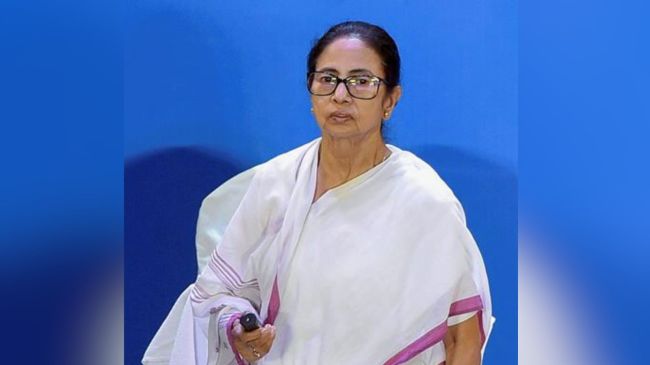Industry majors knock on Calcutta HC doors to challenge Bengal decision to revoke incentives since 1993
Act states its objective is to ‘make State finances available for various social welfare schemes… for utilisation by the socio-economically disadvantaged and marginalised sections’.
 Mamata Banerjee, who rose to power with the Trinamool Congress in 2011 on the back of movements against land acquisition in Singur and Nandigram, has once again chosen to prioritise welfare spending over industry, industry stakeholders argue. (ANI Photo)
Mamata Banerjee, who rose to power with the Trinamool Congress in 2011 on the back of movements against land acquisition in Singur and Nandigram, has once again chosen to prioritise welfare spending over industry, industry stakeholders argue. (ANI Photo) Several industrial houses have moved the Calcutta High Court against the West Bengal government’s decision to revoke industry incentives with retrospective effect, calling it “unconstitutional”.
The Revocation of West Bengal Incentive Schemes and Obligations in the Nature of Grants and Incentives Bill, 2025, was notified on April 2, after being passed by the Assembly in March and receiving the Governor’s assent. The Act withdraws all incentives granted to industries since 1993, effective retrospectively from the date of implementation of each scheme.
Industrial majors, including UltraTech Cement, Electrosteel Casting Limited, Grasim Industries, Nuvoco Vistas, and Dalmia Cement, are among those who have appealed in the High Court. While the firms have filed separate appeals, the court will hear them together on November 7.
Electrosteel Casting’s appeal, for instance, sought a declaration that the Act is “ultra vires and unconstitutional and the provisions contained therein are null and void and of no effect.”
The Act they have challenged states: “The object of this Act is to make State finances available for various social welfare schemes formulated and under operation in the State of West Bengal, which are intended for utilisation by the socio-economically disadvantaged and marginalised section of the State and not to expend such finances to provide special assistance, financial incentives, state support, benefits, concessions or special privileges at the cost of the marginalised.”
According to officials, the state used to give subsidies on taxes, land purchase and registration, electricity, interest repayment, etc.
“Industrial units in the State of West Bengal shall no longer be entitled to claim or demand or enforce past arrears or dues in relation to any incentives, including financial incentives, benefits, state support, subsidies, waiver of interest, duties, refund or exemption or remission or reimbursement of taxes, tax incentives, exemptions, advances or any other form of industrial promotional assistance of any nature whatsoever under the West Bengal Incentive Schemes and Grants and Obligations, or any incentives under any contract or agreement or promises or any law of the State Legislature,” the Act states.
State Industry Minister Sashi Panja and other department officials did not respond to calls and messages from The Indian Express.
most read
Said a senior official in the industries department, “Several firms conveyed that they are facing difficulty in continuing their business (after the Bill was passed), and the government told them it is formulating a new industrial policy to address this. However, some industrial houses went to court.”
The development, which comes ahead of next year’s Assembly polls, has revived the debate over the Mamata Banerjee government’s priorities. Banerjee, who rose to power with the Trinamool Congress in 2011 on the back of movements against land acquisition in Singur and Nandigram, has once again chosen to prioritise welfare spending over industry, stakeholders argue.
A senior state official, however, reasoned, “The top brass of the administration thinks it is better to give subsidies to the poor rather than to industrialists.”






